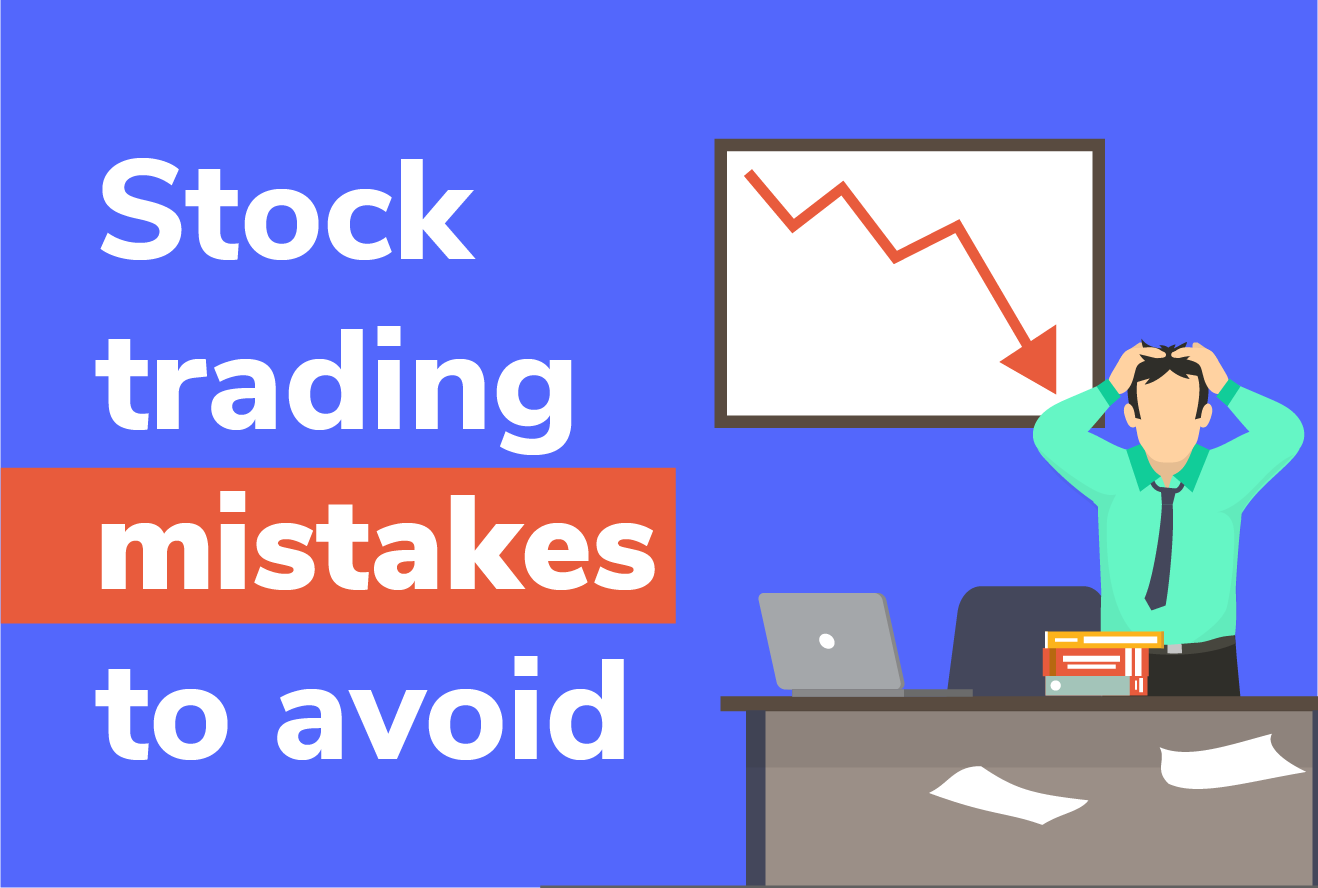

Avoiding Common Pitfalls: Emotional Investing and Overtrading
Emotional investing and overtrading are two common pitfalls that can significantly impact an investor's success in the financial markets. Understanding these pitfalls and developing strategies to avoid them is crucial for long-term profitability and financial stability.
Emotional Investing
Emotional investing refers to making investment decisions based on emotions rather than rational analysis. This can lead to impulsive decision-making, excessive risk-taking, and poor portfolio management. Some common emotions that can influence investment decisions include fear, greed, and overconfidence.
For example, during periods of market volatility, such as a significant downturn, fear can drive investors to sell their holdings at a loss, missing out on potential future gains. On the other hand, during a bull market, greed can push investors to chase high-flying stocks without proper research or consideration of valuation.
To avoid emotional investing, it's important to develop a disciplined investment strategy based on thorough research and analysis. This includes setting clear investment goals, diversifying the portfolio, and sticking to a long-term plan. It's also helpful to avoid making impulsive decisions based on short-term market fluctuations.
Overtrading
Overtrading refers to excessive buying and selling of securities, often driven by a desire for quick profits or an addiction to the excitement of trading. Overtrading can lead to high transaction costs, increased taxes, and poor investment performance.
For instance, frequent trading can result in higher brokerage fees and commissions, eating into the overall returns. Moreover, constantly buying and selling stocks based on short-term market movements can lead to poor timing decisions and missed long-term investment opportunities.
To avoid overtrading, it's important to have a clear investment plan in place. This includes setting specific criteria for buying and selling securities and sticking to these rules. It's also helpful to focus on long-term trends and fundamental analysis rather than short-term market fluctuations.
References:
- Investopedia - Emotional Investing
- Investopedia - Overtrading
- The Balance - How to Avoid Emotional Investing
- Forbes - Why Overtrading Is A Losing Strategy
Related Posts
© 2025 Invastor. All Rights Reserved

User Comments